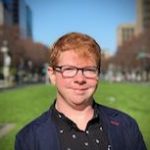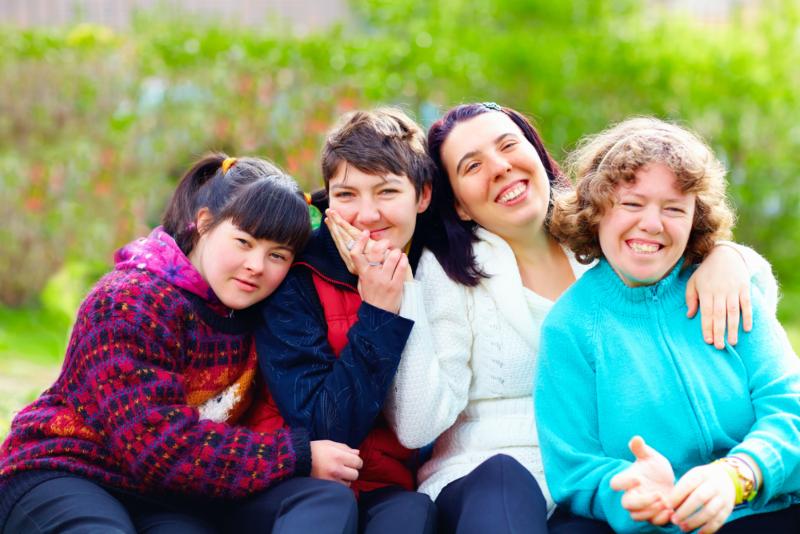At the Developmental Disabilities Public Policy Conference those of us in attendance took part in profound and engaging conversations about hate-crimes, educational inequality, access to healthcare, racial disparities, the inadequacy and scarcity of housing, and the near inescapability of poverty for people with disabilities. At the same time, we connected with one another through discussions of hobbies that ranged from shared tastes in music, to adventure travel, to love of books. These connections over seemingly frivolous past times are what cement our connections to one another and give us strength to fight for justice in the somber realms where we must fight.
Both the California Senate and Assembly are currently considering restoring pre-recession funding to camp and recreation programs for people with disabilities in the state. In light of the dire challenges facing people with disabilities in other areas of their lives this may not get the attention that it deserves.
For those of you who haven’t met me, I am a person who has lived joyfully with a disability since early childhood. I chose the word ‘joyfully’ quite intentionally because it speaks only to the quality of my life. It is important that you make no assumptions that it implies ease. Living with a disability in our society is not yet an easy state of being. The discrimination and the odds that we face are profound, stifling, and pervasive.
Living with a disability can be a full-time job. Shuffling form one appointment to the next, waiting in endless waiting rooms, or on hold, trying to gain access to the services that you need in order to survive. In this full-time work one must do two things at once. Medically we must undergo treatments which attempt to make us as un-disabled as possible. Simultaneously we must enter the social services arena ready to prove that we are disabled enough to qualify for assistance. This work creates a strange tension and leaves no room to be fully oneself.
Yet there is joy to be found. For me, most of this joy has come from connections with other people. Connections built on small shared interests – not because I am a person with a disability, nor in spite of it - connections built because I am exactly who I am; a person with a disability who loves getting outdoors, and art, and books.
Restoring funding to camping and recreation programs offers people with a disabilities access to joy. Access to activities that are not there to fight against their disabilities, nor highlight it but rather are there to fully engage the often-overlooked humanity and individuality that they have. Activities that will give them the chance to connect to the people they meet over something as simple as liking horses or baseball.
Disabled joy is important for its own sake, yet these connections matter on a social and political level at least as much as they do on a personal level if not more. By creating opportunities for people with disabilities to make friends and connections within their communities camping and recreation programs further the cause of integration. As able-bodied people meet and befriend their neighbors with disabilities they become aware of our humanity and it becomes harder and harder to ignore and vote against our interests. Social connection for us all – regardless of ability – is a way to build a team of people to share in the struggles and pleasures of our lives.
Even as we fight for equity for people with disabilities in other immediate and crucial spheres, we must not let the restoration of funding to camping and recreation programs fall by the wayside.

Christian McMahon, Communications Specialist, The Arc of California

